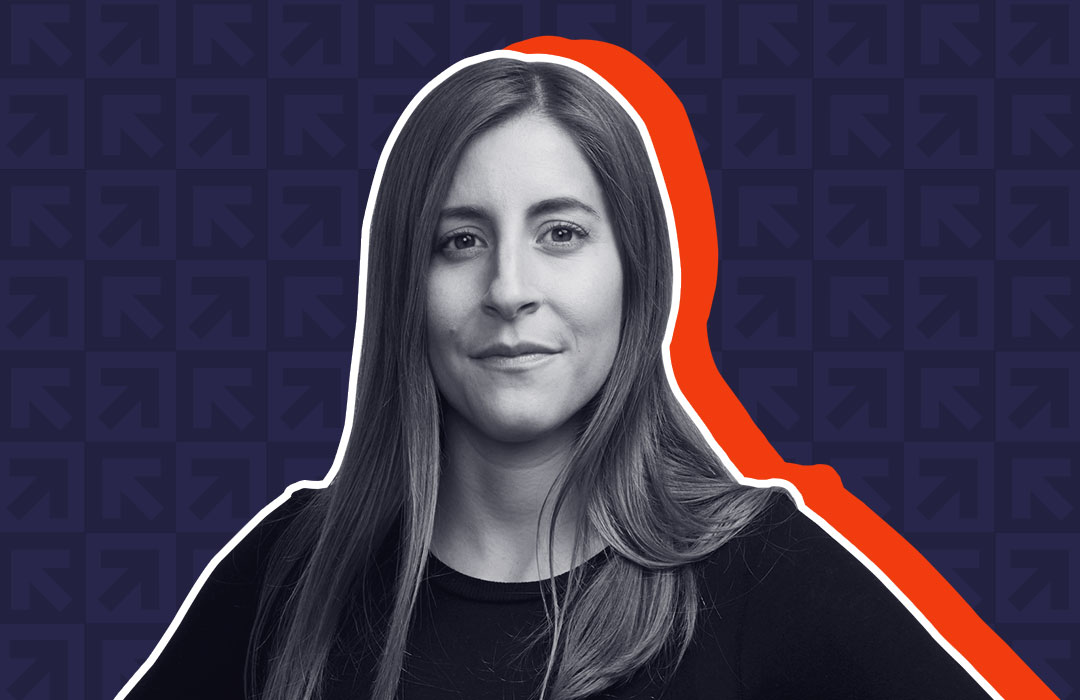Dreaming of being a homeowner is easy. Actually becoming one is hard.
Nobody knows that better than Adena Hefets, who set out five years ago to make the homebuying process more accessible. She ended up reimagining and modernizing the old rent-to-own model, allowing thousands of Americans to achieve their homeownership goals without fear of being taken advantage of.
Hefets is the founder and chief executive officer of Divvy Homes, a real estate startup that seeks to help people who wouldn’t usually be able to qualify for a mortgage — either because their credit score is too low, they can’t afford a down payment or their sources of income are tough to prove.
The idea for Divvy Homes has its roots in Hefets’ own background. Her Bronx-born mother met her father while hitchhiking in Israel; after immigrating to New York to live on Long Island, he took jobs in construction while she was a social worker. The family of six lived paycheck to paycheck, leading Hefets to become hyperaware of how important homeownership was.
“When I thought about building Divvy for the average American, I really thought about building it sustainably — in such a way where my parents, my family, could’ve used it,” she says.
Hefets wanted to improve affordability for families who were just making ends meet by tackling what, for many, was the biggest obstacle to homeownership: saving for a down payment. Coming from a venture capital background, she knew how to come up with new solutions to old problems.
Rent-to-own programs have been around since the 1950s. In these agreements, a tenant would lease a home; part of the monthly payments went towards rent, and part was set aside for a down payment. The renter was responsible for paying taxes, maintenance and insurance. The idea was that they’d be able to save enough over a predetermined number of years to eventually qualify for a mortgage — and, ultimately, buy the home.
But rent-to-own agreements got a bad reputation due to the predatory nature of the original arrangements. Wealthy property owners often targeted and manipulated people of color and those who could not qualify for mortgages through mainstream channels. Renters who missed payments could be evicted and lose the portion of rent that was designated as savings. Others were forced to pay above-market prices.
“Divvy is nothing like that,” Hefets says. “It disrupts what I think is a market opportunity for people who truly want to get a house but don’t want to be scammed.”
With Divvy, potential homeowners who meet certain requirements can pick out the home they want to lease and eventually purchase. They pay a minimal down payment; Divvy then steps in, buys the home and rents it to the potential buyer. A plan is put in place to help the renter improve financially to a point where they can qualify for a mortgage and purchase the home, all while Divvy is paying the taxes, maintenance and insurance.
The biggest difference between the rent-to-own models of old and Divvy is what happens to the money set aside for a down payment. If the home appreciates in value, the amount put into the home’s equity also appreciates in value. And if the renter decides to walk away and not purchase the home, they can cash out the equity they’ve built up.
For the time being, Divvy is available in only nine states. Since its inception in 2017, over 750,000 Americans have applied to the rent-to-own program. According to Divvy, half of the homeowners who have finished their leases chose to buy their homes.
Divvy has faced some of the same criticisms as older rent-to-own models, with complaints of higher than average rent prices making it harder to save up for a down payment.
Taking a cue from its customers, however, Hefets says the company is working towards allowing greater flexibility when it comes to a renter’s ability to save for a down payment. Renters will be soon able to pay more (or less) during any month as their finances allow instead of a fixed amount. Divvy is also exploring ways to allow renters more access to the equity they’ve built up in the home, basically treating the home more like an investment account.
It’s all in hopes of helping everyday people find the homes of their dreams.
“I love innovating,” Hefets says simply. “I love finding a solution that I think can leave this world a little better than where I found it.”






